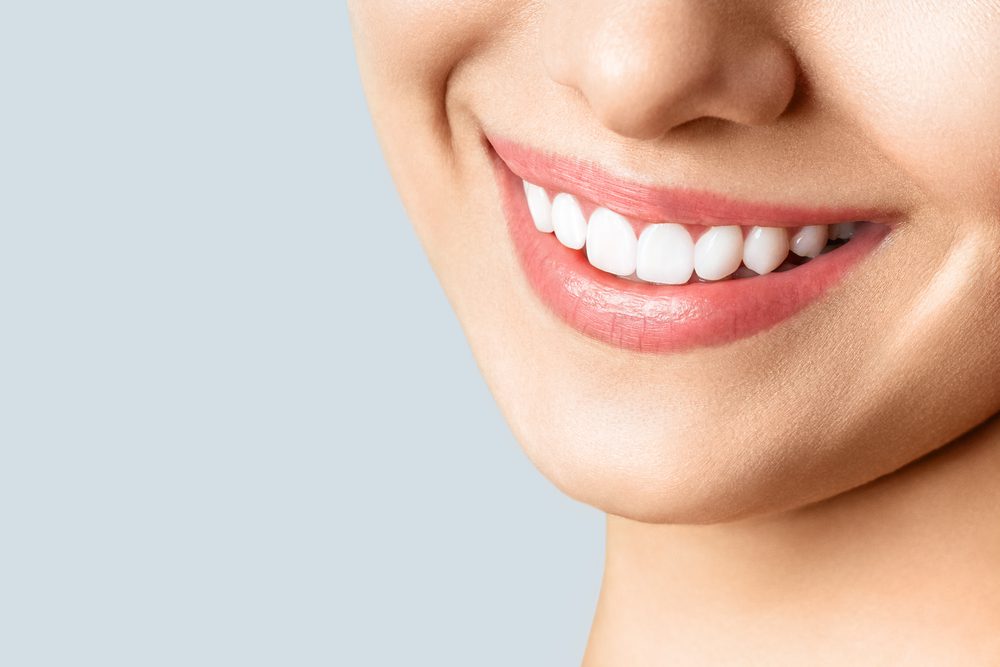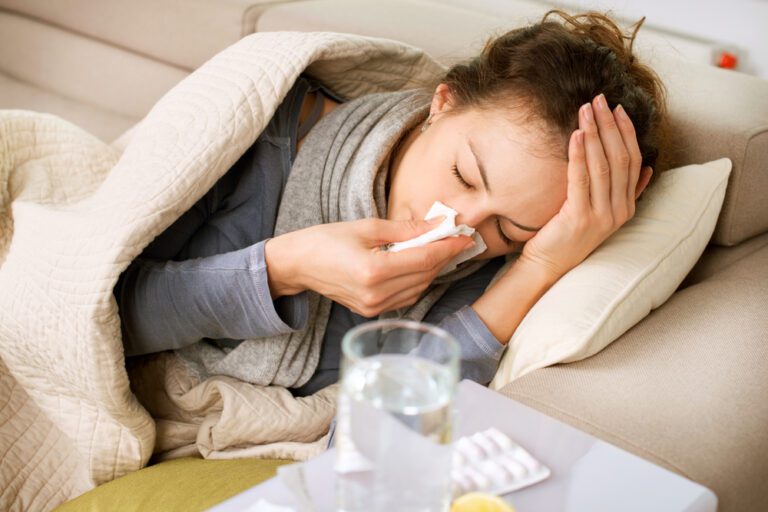You’ll want to know about these enlarged prostate prevention tips.
The prostate gland starts small and has two primary phases of growth. It doubles in size during one’s teenage years, then continues to increase again after age 25 throughout the rest of a man’s life.
Ultimately, an enlarged prostate can press down on the urethra and impede urine flow from the bladder. Even with those changes, you might still be asking yourself: Are there things I can do to prevent it? Well, the short answer is no.
For most men, the prostate gland will expand, and it may lead to benign prostatic hyperplasia, BPH. But it still helps to know when you should see your doctor, what makes you more likely to get it, and how to keep the symptoms minimal.
There are medications available that can help decrease the size of your prostate if it’s enlarged, which can be obvious if you have a weak urine stream that starts and stops, a frequent urge to urinate, or difficulty emptying your bladder.
You can also try natural remedies with your doctor’s permission first. So, on that note, here are 11 enlarged prostate prevention tips you can use to reduce the size of your prostate.
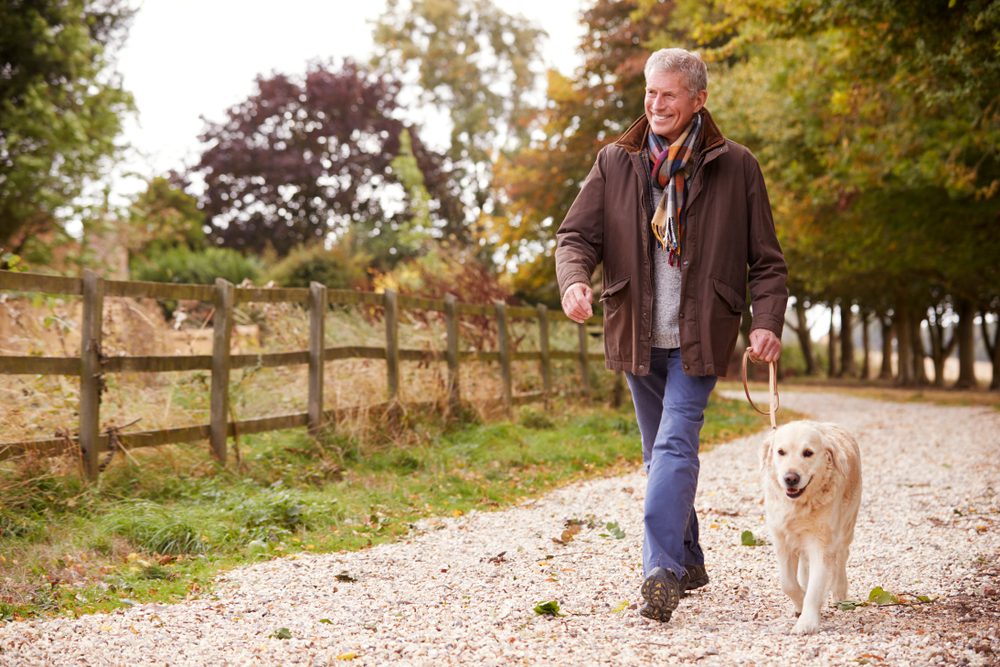
Enlarged prostate prevention tip: Make a few lifestyle changes
Try to exercise for 30 minutes on most days of the week. Getting regular physical activity lowers your chances of developing an enlarged prostate.
Even walking once a day can make a big difference in your overall health and provide some protective benefits against an enlarged prostate. But, if there’s another form of exercise that you enjoy more, then do that instead.
If you can’t find the time to exercise for 30 minutes, try this enlarged prostate prevention tip: Break up your exercise sessions into ten or 15-minute fragments. Do two 15-minute or three 10-minute workouts to get 30 minutes of exercise every day.
Enlarged prostate prevention tip: Relax for 15 minutes or more daily
Being stressed out can contribute to problems with your prostate, and it’s also bad for your overall health. Try to set aside at least 15 minutes daily to relax. Do something you enjoy, like engaging with a favorite hobby, or use a relaxation approach. This can include:
-Meditation: Concentrate on clearing your mind and focus on the sensations of your body.
-Yoga: This means putting your body into specific poses challenging muscles while relaxing and stretching you.
-Deep breathing: Take a deep breath, hold it for a couple of seconds, and then let it out.
-Progressive muscle relaxation: This is when you tense and gradually release each muscle group in your body.
Enlarged prostate prevention tip: Choose whole-grain bread, rice, pasta, and cereal
These types of foods will help keep you feeling fuller longer and are also more suitable for your prostate than refined carbs. Try to have a serving of whole grain with each of your meals. This can include whole-wheat pasta, whole-wheat bread, brown rice, or oatmeal.
The foods you MUST avoid are bread, white rice, pasta, and cereals. These are more likely to increase your risk of developing an enlarged prostate.
Enlarged prostate prevention tip: Drink alcohol in moderation if at all
Drinking a lot of alcoholic beverages daily can contribute to an enlarged prostate. You might detect fewer symptoms of an enlarged prostate by not drinking altogether. But, if this isn’t an option, try cutting back to no more than two drinks a day.
This is regarded as moderate drinking for males. An alcoholic beverage can mean 5 fluid ounces of wine, 12 fluid ounces of beer, or 1.5 fluid ounces of spirits.
Enlarged prostate prevention tip: Include healthy fats in moderation
Consuming foods with a lot of fat can also increase the size of your prostate. So it’s best to limit your intake of incredibly saturated fats. Instead, choose unsaturated fats, like olive oil, nut butter, and avocado.
And try to enjoy these in moderation, at most 2 to 3 servings per day. For instance, spread 1 tablespoon of ripe avocado or nut butter on toast instead of butter. Instead of cooking with butter or lard, use an equal amount of olive oil.
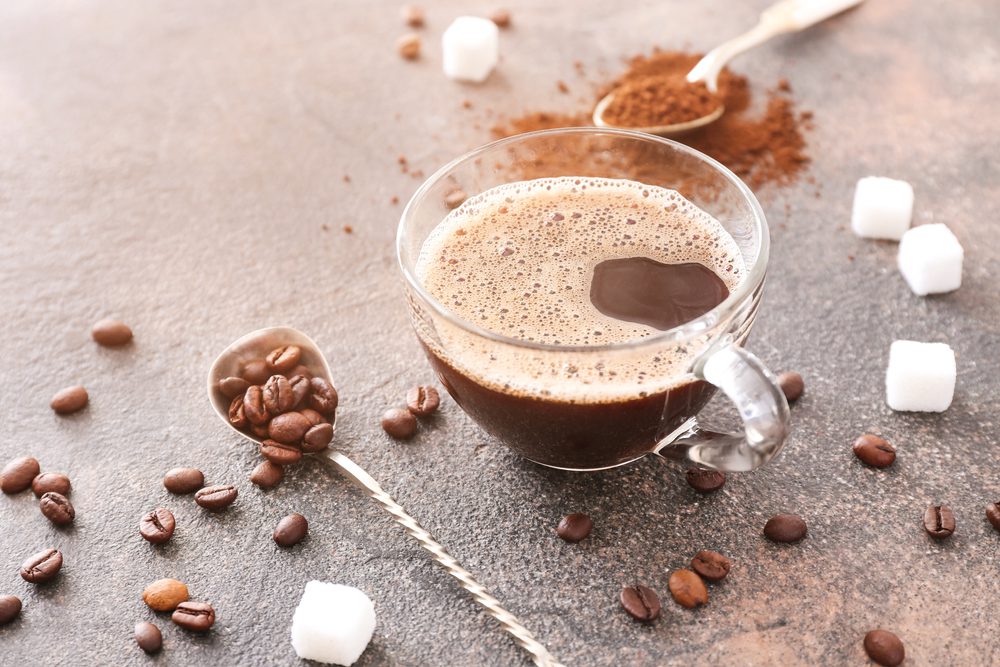
Enlarged prostate prevention tip: Cut back on caffeinated beverages
Caffeine is naturally a diuretic, meaning you must go to the bathroom more often than average. If you drink caffeine, you might notice the effects of an enlarged prostate more than someone who doesn’t consume it.
Try to limit your intake to no more than a cup or two of coffee or tea per day. Try switching to green tea if you still want caffeine since it contains some properties that can help lower the size of your prostate.
Pro Tip: If you’re going to eliminate caffeine, try switching to decaf versions of your favorite drinks, like tea and decaf coffee.
Enlarged prostate prevention tip: Limit your intake of red meat
Research shows that high animal protein intake, including eggs, red meat, and dairy, can raise your risk of an enlarged prostate. Limit these foods to 1 or 2 servings weekly and get your protein from fish and plant sources instead. Some good alternatives include:
-Nuts and seeds
-Salmon
-Beans
-Tofu
Enlarged prostate prevention tip: Cut back on sugary beverages and sweets
Consuming lots of sugar is another thing that contributes to an enlarged prostate. So skip the sugary sodas, candy, juices, and other sweets whenever possible.
Pro Tip: When craving something sweet, try having a piece of fruit, like an orange, an apple, or a handful of grapes.
Enlarged prostate prevention tip: Reduce your sodium intake
A diet that’s high in sodium also increases your risk of an enlarged prostate. So you might consider switching to a low-sodium diet stocked with whole foods to decrease your sodium intake naturally.
Avoid frozen, canned, and other packaged foods as much as you can. And avoid putting salt on your food. You should also try to stay away from flavoring your meals with vinegar, lemon juice, and fresh herbs instead of salt.
Enlarged prostate prevention tip: Try herbal remedies
Palmetto: Some studies have found that taking palmetto dramatically decreases the size of an enlarged prostate, while others have shown little to no improvement.
Ask your doctor for dose recommendations if you’re considering trying it. You can buy palmetto capsules in specialty supplement stores, in the supplement section of a grocery store, or online.
Pygeum africanum: This supplement has been marketed for reducing prostate size in several European countries for many years. It inhibits cellular growth, has anti-inflammatory properties, and inactivates androgen receptors. Pygeum africanum is well-tolerated by most individuals. However, some experience headaches and gastrointestinal distress while taking it.
Grass pollen extract: The most commonly used formulation of this supplement is known as cernilton. After taking the medication daily for three years, participants in one study saw a significant drop in their prostate size.
Green tea: The active ingredient in this tea that might help lower an individual’s prostate size is called EGCG. By sipping 1 cup of green tea daily, you might notice a decrease in prostate size over time. Try swapping your usual morning cup of coffee for a cup of green tea.
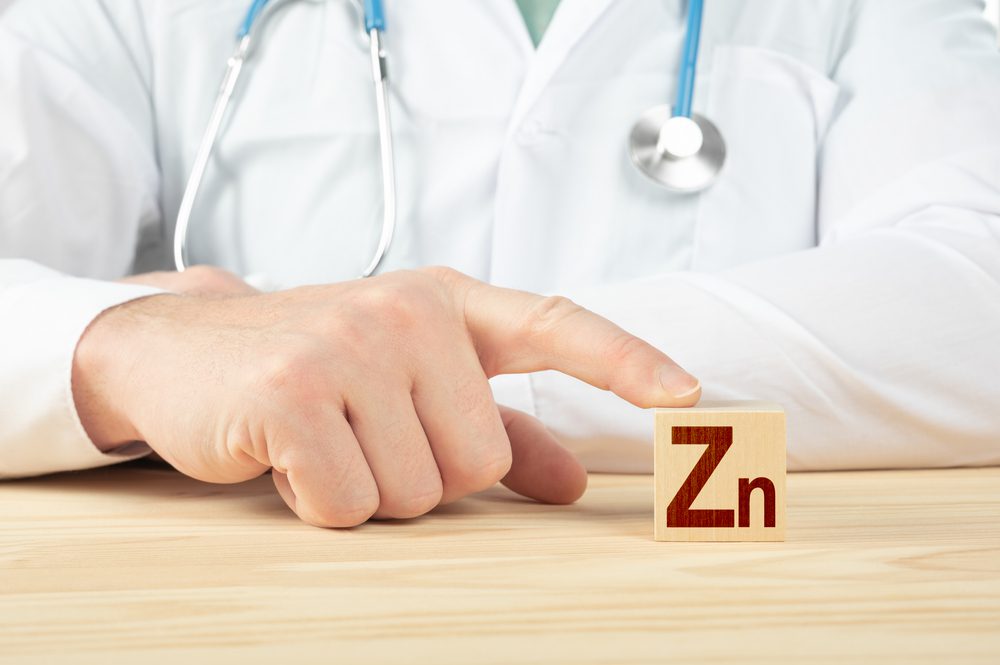
Enlarged prostate prevention tip: Take a daily zinc supplement
Getting the recommended daily dose of zinc has been shown to help decrease prostate size. So, you might benefit from taking a daily multivitamin containing zinc or a zinc supplement alone.
But be sure to speak with your doctor first because taking more than 100 mg of zinc daily can increase prostate cancer risk. Long-term use of zinc can also decrease the copper stores in your body and negatively affect your neurological system.
Has this article on enlarged prostate prevention tips helped you? Be sure to let us know in the comments. Meanwhile, we also recommend reading: 7 Stress-Causing Foods You Should Avoid at All Costs









